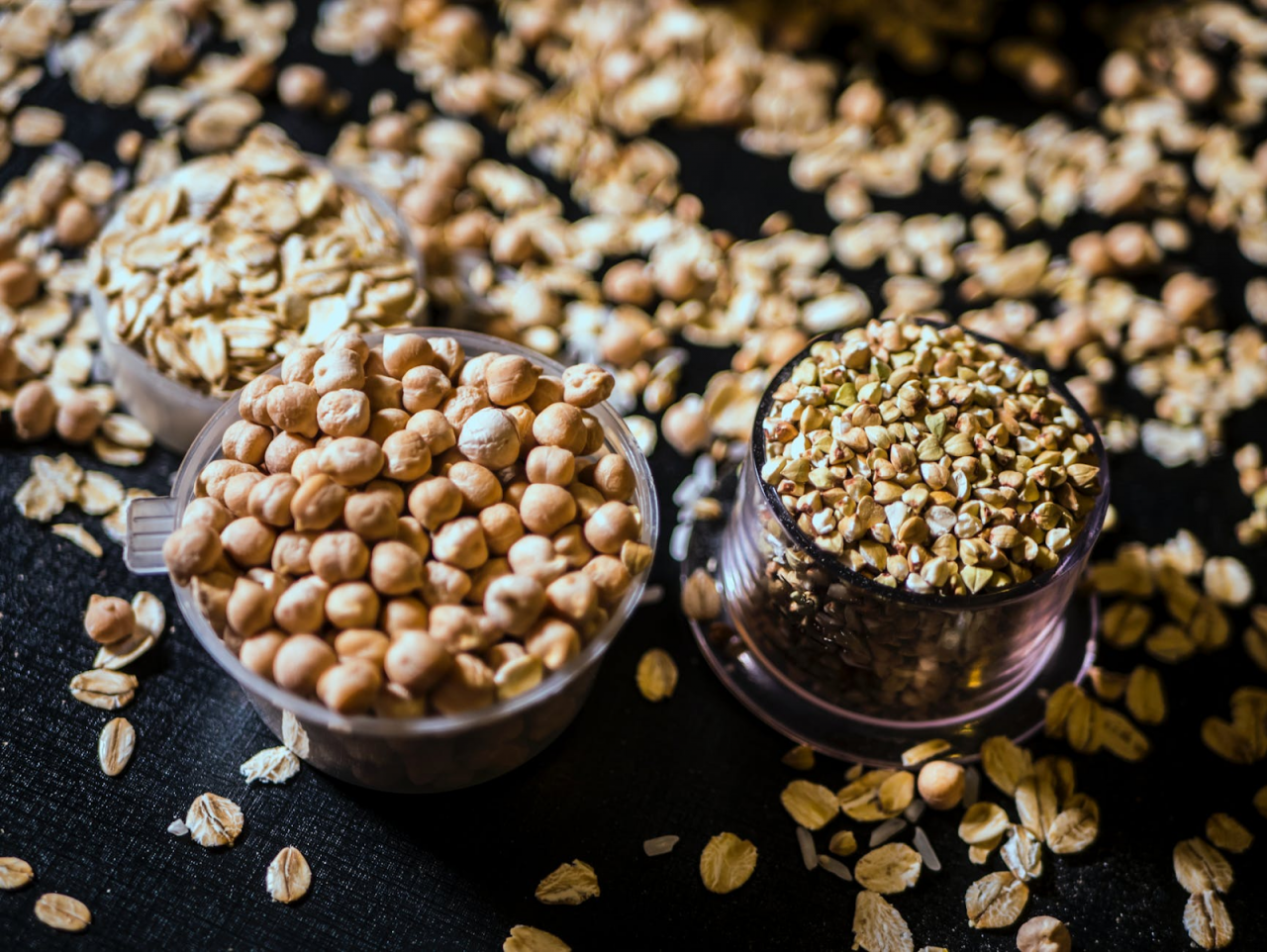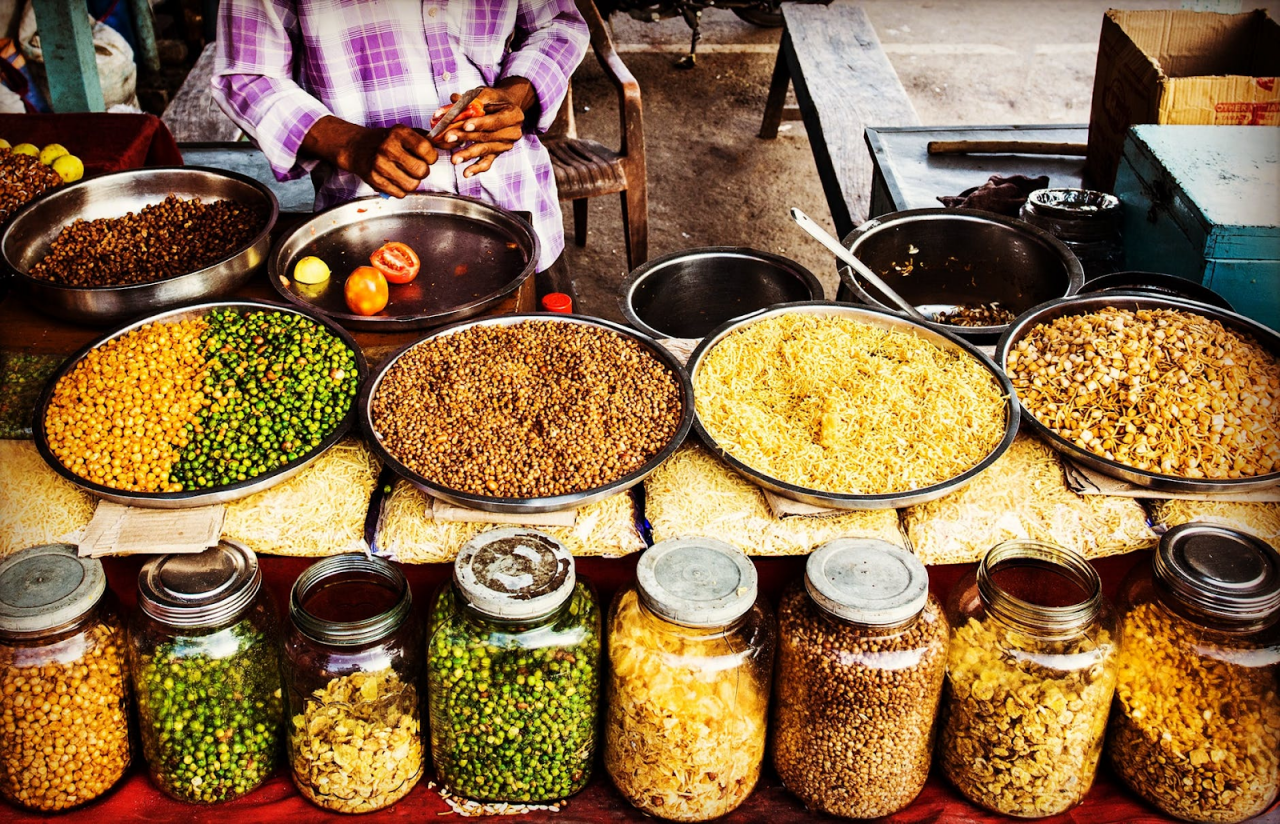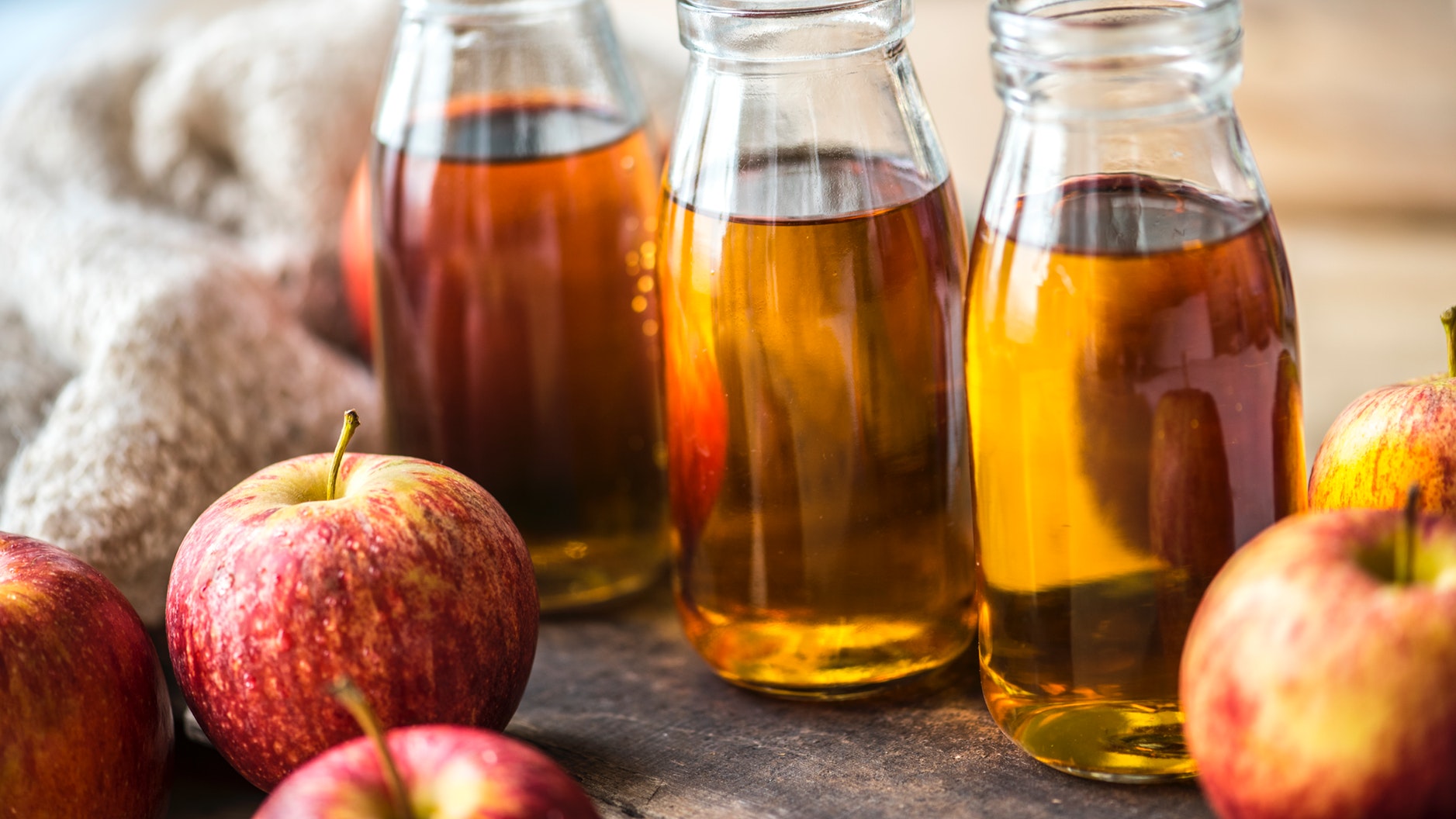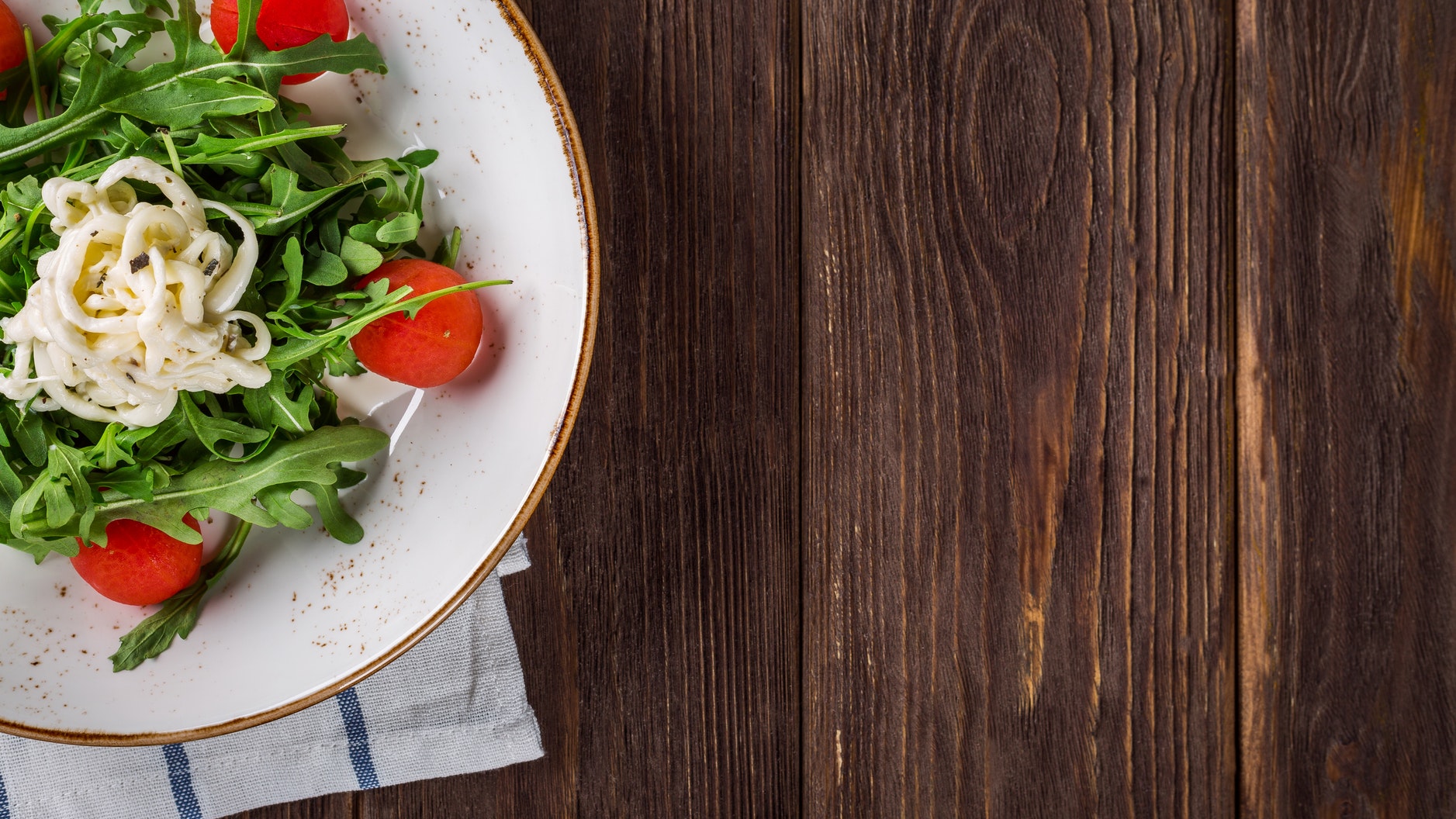Did you know that legumes are quite controversial in the field of health and nutrition? Experts are split into two factions when it comes to deciding whether to have beans or not. Some sections of experts even forego beans entirely from their diet, as they find them harmful. However, certain others look to legumes as their primary source of protein. So, how do we decide whether to have beans or not? Are carbs in beans harmful to us? Here’s a look at everything you need to know regarding beans, their benefits, drawbacks, and whether you should avoid them altogether!

What are Legumes?
Let us start by defining what legumes are in the first place. The legume family refers to plants that have pods with seeds inside them. The word legume is primarily used to refer to these seeds. The most popular members of the legume family include lentils, beans, soybeans, peanuts, peas, and chickpeas. While they belong to the same family, legumes vary greatly when it comes to taste, appearance, nutrition, and use.
Types of Legumes
- black bean
- Boston bean
- chickpeas
- chili bean
- fava bean
- field pea
- frijole negro
- green beans
- peas
- kidney bean
- lentils
- lima bean
- pinto bean
Legumes Nutritional Profile
Legumes tend to be very rich in both protein and fiber. So much so, that vegetarians and vegans depend on legumes and beans for their daily protein intake. Also, since they contain so much dietary fiber, they help with digestion and ensure that you don’t have constipation. One cup, amounting to around 200 grams of cooked lentils, contains the following nutrients.
| Sl No | Nutrient | Value |
| 1 | Calories | 230 kcal |
| 2 | Protein | 18 gms |
| 3 | Fiber | 16 gms |
| 4 | Carbs | 40 gms |
| 5 | Iron | 37% of DV |
| 6 | Folate | 90% of DV |
| 7 | Magnesium | 17% of DV |
| 8 | Potassium | 16% of DV |
| 9 | Vit B1. B3, B5 and B6 | 10% of DV |
| 10 | Phosphorus | 10% of DV |
| 11 | Zinc | 10% of DV |
| 12 | Copper + Manganese | 10% of DV |
*- DV = Daily Value
Therefore, it is plain to see that legumes contain a lot of nutrients. Also, since they are a plant-based source of protein, they are also much cheaper than other foodstuffs, making them universally accessible and available. This is one of the main reasons why beans are the staple food in several developing countries.
What’s the Problem With Beans Then?
One of the biggest problems with beans is that they contain several antinutrients, which in certain people interfere with digestion and nutrient absorption. Furthermore, beans also contain Phytic acid, which is a potent antioxidant that impairs the absorption of minerals, such as iron, zinc, and calcium. However, this comes into play only when people consume beans as a significant source of protein. People who eat meat and get protein from that source usually do not suffer from this issue. However, vegans and vegetarians who eat high-phytate foods can run into difficulties if they consume too many beans. Also, you can reduce the phytic content of beans by soaking, fermentation, and even sprouting.

Another problem with beans is that they contain a lot of Lectins, which is a plant-based protein. Lectin, when taken in large quantities, can impair digestion and affect the cell-lining of your intestinal tract. However, in most humans, the lectin intake is not high enough to cause damage of any sort. But, as a precaution, beans should always be well-boiled and then eaten. Soaking beans overnight and then boiling for more than 10 minutes will help significantly in degrading the number of lectins.
Benefits of Beans
- Very high fiber content helps prevent constipation, indigestion, and even heart attacks.
- Certain studies show a relation between constant consumption of beans and lower risk for cancer.
- Very high in antioxidants with darker beans containing more considerable amounts of antioxidants.
- Black beans also have a large amount of folate and magnesium in them, which is suitable for pregnant women.
- Studies prove that the intake of enough folate leads to a lower risk of heart disease, whereas higher magnesium consumption helps with improved heart function.
- Proper soaking and cooking can help diminish the ill-effects of beans.
- Serve as a significant source of protein for vegetarians and vegans.
- Beans are low-fat, high-protein foods that contain a lot of other nutrients, making them an excellent tool for weight loss.
- Beans also contain resistant starch, which helps the growth of beneficial bacteria. They also help in lowering blood sugar, improving insulin sensitivity, and offer protection against colon cancer.
Drawbacks of Beans
- People who follow the Paleo diet believe that beans are harmful because they contain lectins.
- Certain beans contain antinutrients, such as Phytates that cause indigestion and reduce nutrient absorption.
- Lectins bind to the intestinal wall, causing the leaky gut syndrome, which specific experts link to Crohn’s disease and IBS.
- Beans also contain protease inhibitors, which interfere with the absorption of protein. Too much of beans leads to an increase of trypsin in the intestines, which can lead to leaky gut.
- Beans also contain fermentable oligosaccharides, disaccharides, and monosaccharides, which are hard-to-digest carbs.
- This can also cause significant bloating, which can lead to stomach pain and other digestive issues in people.
- Found in beans, saponins damage intestinal cell membrane linings, which can lead to a leaky gut, In large quantities, they can destroy red blood cells once they enter the bloodstream.

Beans have a lot of great nutrients in them. While they do contain some antinutrients, when eaten in moderation, these will not cause your body any harm. Also, beans should always be well-cooked, and must not be eaten raw to diminish the ill-effects of their antinutrients. Whatever may be said, beans have an impressive nutritional profile and are regarded as one of the best plant-based sources of protein out there. Therefore, there is no need for you to altogether avoid them. Instead, have them in moderate amounts as part of a balanced diet, to gain enough proteins and other vital nutrients. However, in case you do want to avoid them, make sure you find alternatives for them. For instance, you might need to take supplements for enzymes, fiber, B-complex vitamins, and minerals, and protein.



